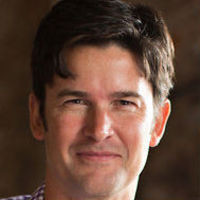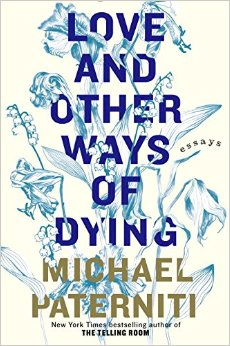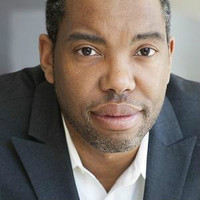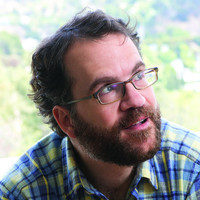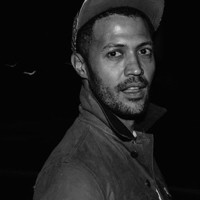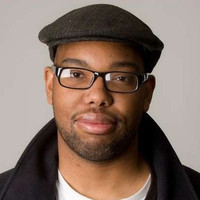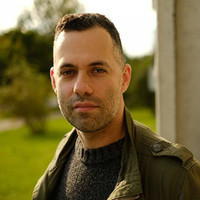Hamilton Morris is the science editor for Vice and a contributor to Harper's.
"It's a shame that there isn't more of an interdisciplinary approach to a lot of scientific investigations, because often the result is that misinformation is produced. Again, there's misinformation in journalism and there's misinformation in science. And if you combine the best elements of both of those disciplines you can come a little bit closer to the truth. If you want to understand a drug phenomenon, you're going to need to look at it medically, chemically, anthropologically, you need to talk to people, you need to interview people, you need to look at the drug policy, the chemistry, the history—there's a lot of different factors that need to be examined in order to understand even the most simple, minute drug phenomenon. And if you're approaching something purely as a scientist, as an academic, there are huge limitations as to what you can do."
Thanks to TinyLetter and Hulu Plus for sponsoring this week's episode.





